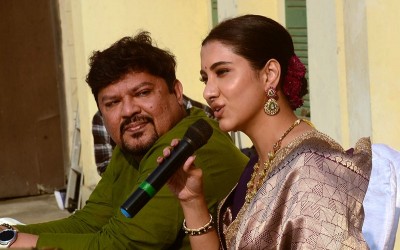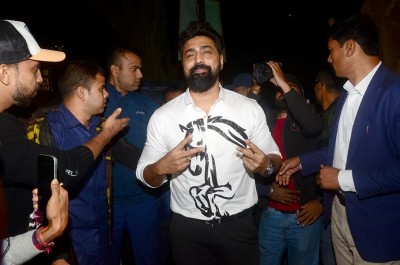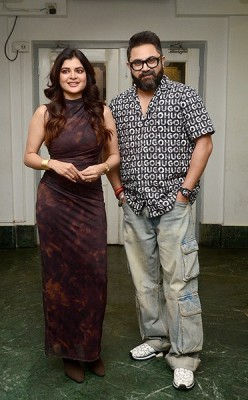
22nd KIFF: Women in Cinema on the Jury
These two functions, arising out of the politics of a feminine cinematic language, open up the possibility of a specifically feminine or feminist language. It is in this context that one must find out if women filmmakers in India have, through their directorial ventures, either spontaneously, or by design, evolved a specifically feminine, though not necessarily a feminist language.
Within this ambience, the Kolkata International Film Festival has struck an original note not only by introducing the category of Women Directors but also by making it competitive with two awards – one for the best film in the category and one for the best director. The trend continues in the festival’s 22nd edition with 15 films in the race drawing women filmmakers from across the world to take part in this race.
Interestingly, this year, the entire jury for this category is comprised of women headed by none other than Marion Hansel, noted filmmaker from Belgium who is also an actress, producer, director and screenwriter.
Empowering her are Li Shaohong, Ibolya Fekete, Archana and Aleksandra Biernacka. Shaohong, a director and producer of films and television is considered to be a member of the Fifth Generation movement, and China's top woman director. Her films have won multiple awards in China and abroad, Ibolya Fekete is a Hungarian-Russian filmmaker, screenwriter and professor who is perhaps the most academically brilliant woman filmmaker in Hungary. She is known for films like Chico (2001), Bolse vita (1996) and Mom and Other Loonies in the Family (2015).
Archana is a noted actress of southern films who was first honoured with the National Award for Best Actress in 1988 for the Tamil film Veedu and was awarded for the second time in 1989 for the Telugu film Daasi.
She is an accomplished and trained Kuchipudi and Kathak dancer. Aleksandra Biernacka is a Polish filmmaker who is also Commissioning Editor / Deputy Head of Documentaries and Reportage TVP2 at TVP. She has curated many special presentations of the Polish films around the world.
The lone Indian entry as the festival this year is Taanzil directed by debutante Mohua Chakraborty.
(Reporting by Shoma A. Chatterji)
Support Our Journalism
We cannot do without you.. your contribution supports unbiased journalism
IBNS is not driven by any ism- not wokeism, not racism, not skewed secularism, not hyper right-wing or left liberal ideals, nor by any hardline religious beliefs or hyper nationalism. We want to serve you good old objective news, as they are. We do not judge or preach. We let people decide for themselves. We only try to present factual and well-sourced news.







